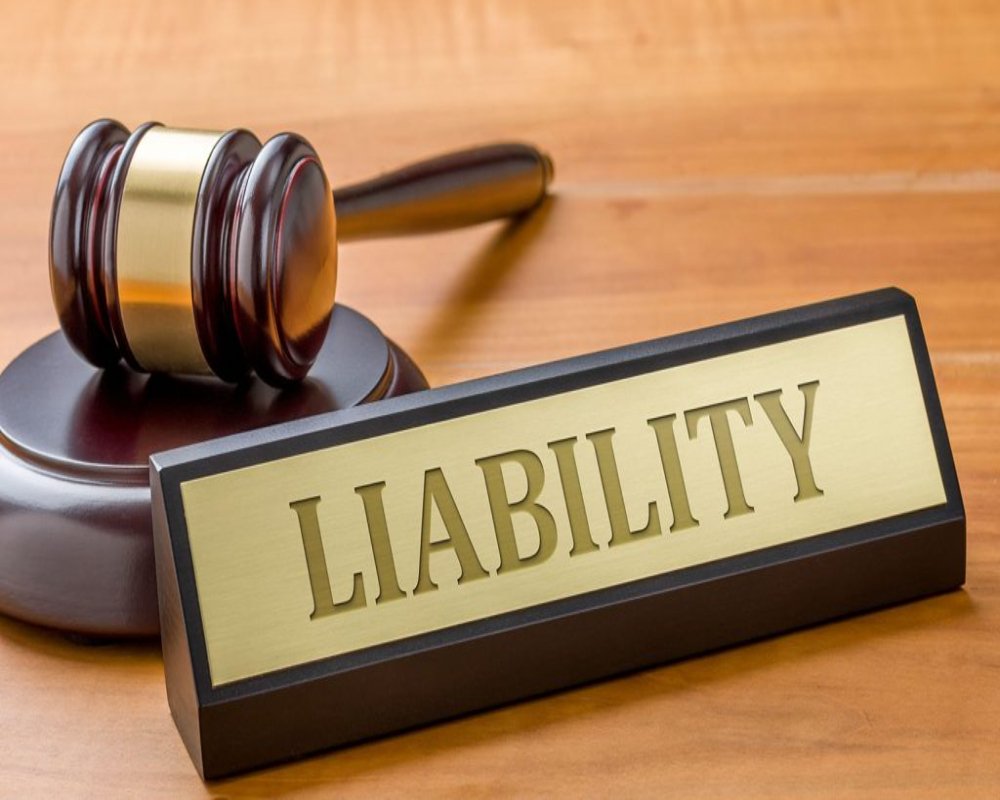Continuing Liability of Partners
Dissolution of a partnership firm does not end the responsibility of partners toward existing liabilities. Partners remain accountable until all firm-related obligations are settled.
- Partners are liable for debts incurred before dissolution
- Liability continues until the full settlement of dues
- Partners can be sued even after the firm is dissolved
- Mutual consent is required to release any partner from liability
- Legal obligations apply regardless of internal understanding
Utilization of the Firm’s Assets
The first step after dissolution is to use the firm’s assets to pay off its liabilities. Creditors have legal precedence over partners in the distribution process.
- Business assets are liquidated to generate funds
- Outstanding payments to creditors are settled first
- Remaining assets, if any, are distributed to partners
- Assets include cash, inventory, and receivables
- All settlements must be documented properly
Personal Liability for Unpaid Debts
If the firm’s assets are not enough to cover all debts, partners must step in with their personal funds. This obligation arises from the principle of joint and several liability.
- Each partner is responsible for covering shortfalls
- Creditors can claim from any one or more partners
- Liability applies even if a partner had no direct involvement
- Personal property may be used to settle firm dues
- Insurance or indemnity clauses can offer limited protection
Inter-Partner Settlements and Contribution
After external debts are cleared, internal adjustments are made between partners. These include returning capital, settling advances, and adjusting profit or loss sharing.
- Partners settle mutual dues as per the partnership deed
- Capital contributions are returned based on availability
- Losses are shared according to the agreed ratio
- Any partner who pays extra can claim reimbursement
- Clear records help avoid disputes among partners
Legal and Financial Consequences
Ignoring liability settlement after dissolution can lead to serious legal and financial trouble for the partners. Proper closure is essential to avoid long-term consequences.
- Creditors can initiate recovery proceedings anytime
- Partners may face personal financial stress or bankruptcy
- Court judgments can impact creditworthiness
- Proper winding-up helps maintain legal compliance
- The final settlement statement should be signed by all partners


0 Comments